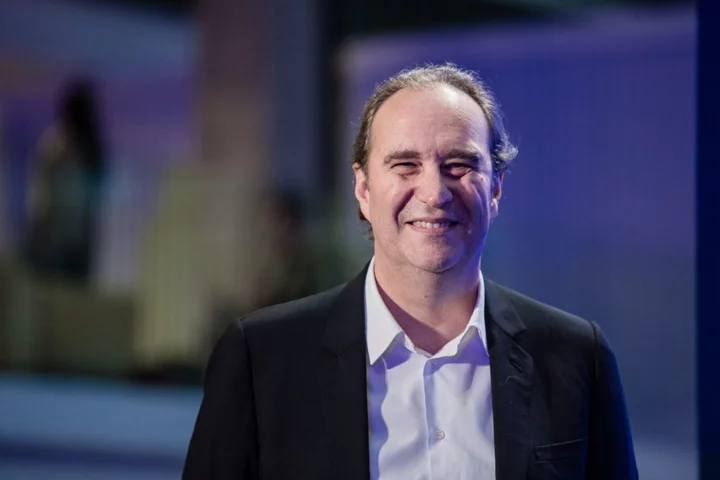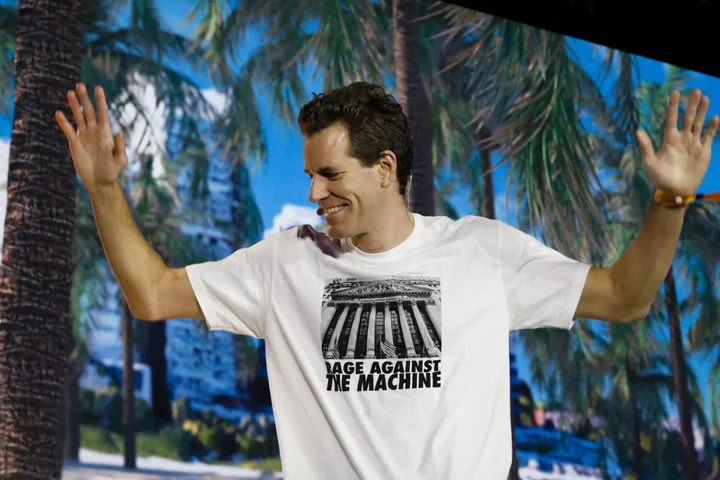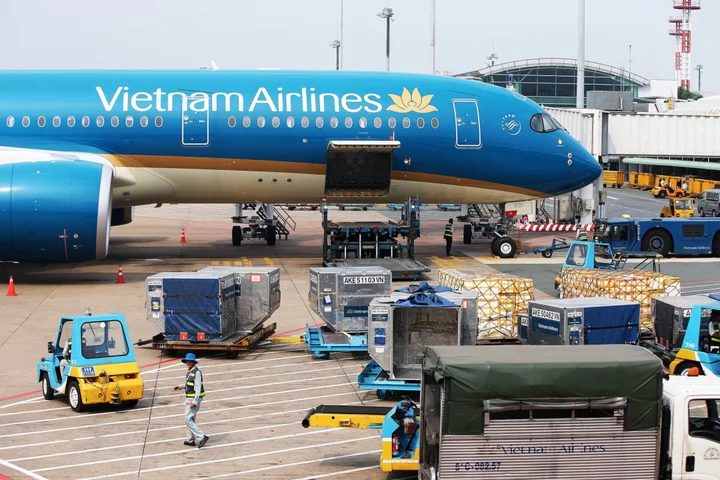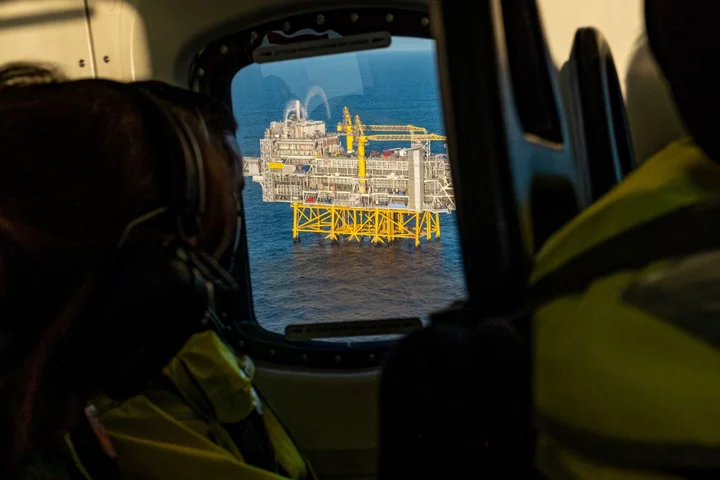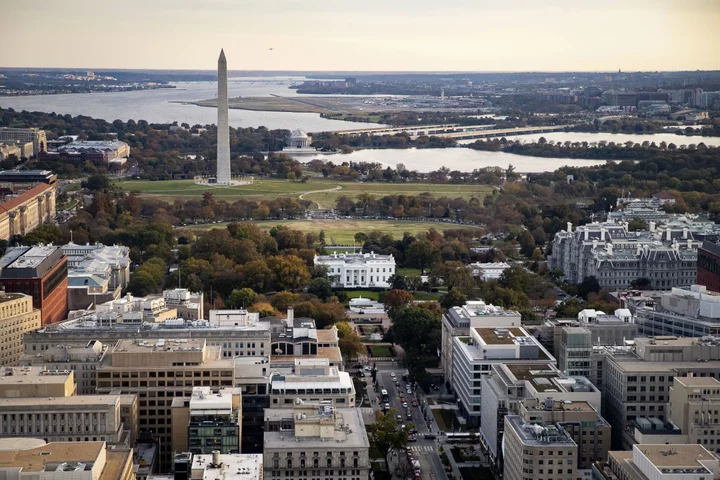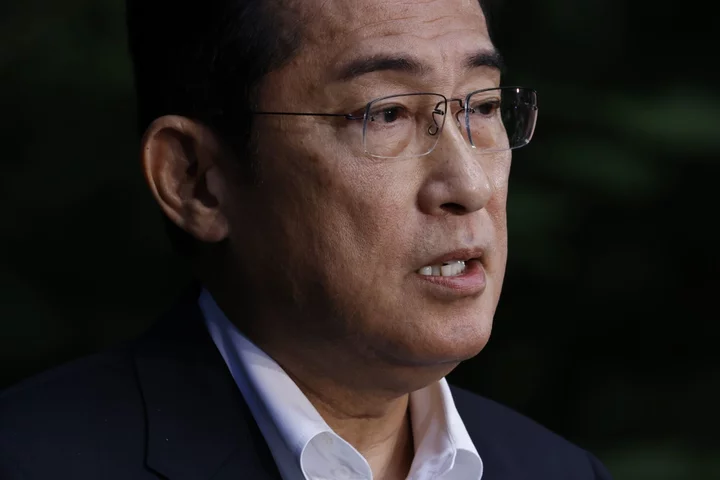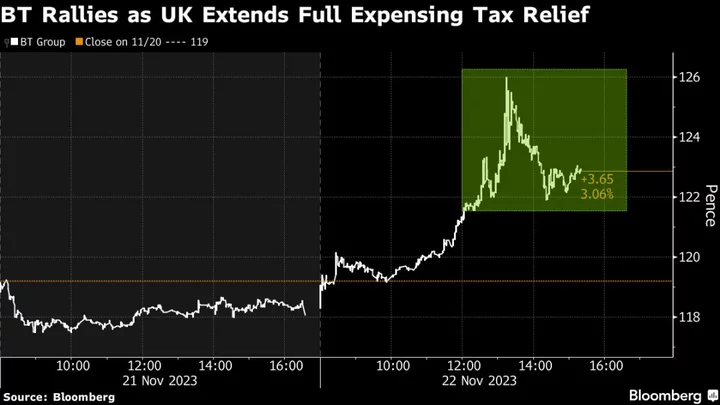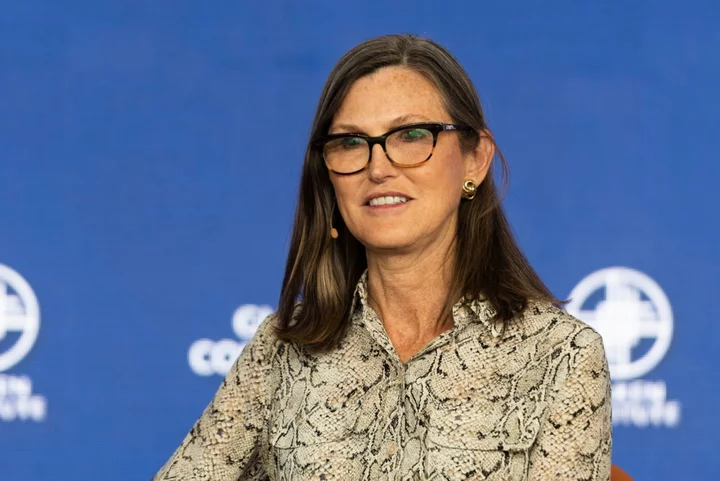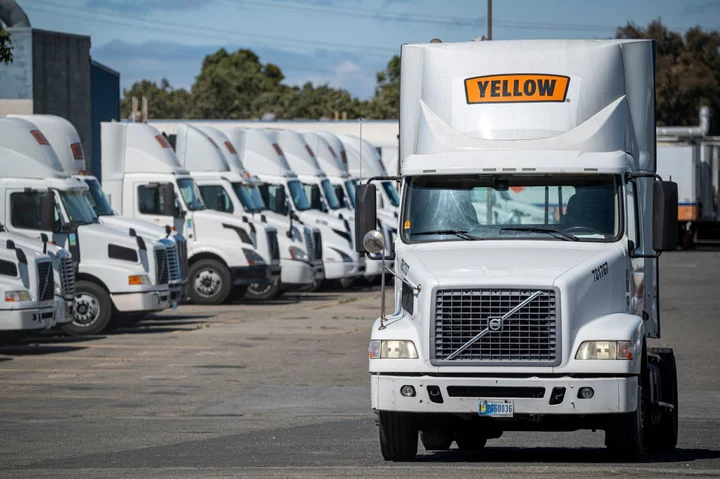The tussle over the future of Casino Guichard-Perrachon SA is heating up, with telecom billionaire Xavier Niel and Czech entrepreneur Daniel Kretinsky among the heavyweights circling the ailing French grocer.
The debt-laden retailer and its tenacious Chief Executive Officer Jean-Charles Naouri struggled for years to shore up its balance sheet, until agreeing to enter court-supervised talks with creditors. Despite its difficulties, investors are vying for the owner of the Monoprix and Franprix chains, drawn in part by its extensive network of stores in Paris and southeastern France.
Below we look at how Casino wound up in its current straits and what its suitors are offering.
What is Casino?
Casino, which operates grocery stores in France and Latin America, generated €33.6 billion ($36.3 billion) in sales last year and has more than 50,000 employees in France and some 200,000 globally. The company has struggled with a lackluster performance in France, where it faces competition from rivals like Leclerc SA and discounters such as Lidl, which have drawn away cost-conscious shoppers squeezed by faster inflation.
How did Casino get into this mess?
In late 2015, when Casino still had an investment-grade credit rating, its debt pile had already put the company in the crosshairs of short-sellers, who targeted its stock. Since 2018, the retailer has been shedding assets to pay down debt and reduce leverage. Those efforts haven’t been enough, leaving the grocer buckling under more than €7 billion in borrowings.
Meantime, the cascade of companies through which Naouri controls Casino — including Rallye SA — went into creditor protection proceedings known as sauvegarde in France in 2019 to restructure debt. Rallye’s ability to meet its payments under the sauvegarde plan when they start coming due in 2025 will depend on it getting dividends from Casino. Rallye is currently in talks with creditors to review that plan as Casino negotiates its own restructuring.
What are the conciliation talks and why are they important?
In late May, Casino began a French process known as conciliation, which includes court-supervised talks with its creditors. The goal of the discussions — which could last as long as five months — is to agree on a plan to substantially lower Casino’s debt so the grocer can keep operating with a sustainable capital structure.
How much debt is slashed, how shareholders and the different creditors are affected, what industrial plan for the company emerges and who will put up the money to implement it are crucial matters that will be discussed.
Who’s circling Casino?
Niel, retail entrepreneur Moez-Alexandre Zouari and banker Matthieu Pigasse have approached Casino with a proposal to boost the group’s equity by as much as €1.1 billion, including up to €300 million invested by them, the company said Wednesday. The trio would need to raise the rest from new partners and creditors wishing to reinvest in the retailer.
That proposal follows an earlier offer by Kretinsky to lead a €1.1 billion equity injection. He already owns a stake of about 10% in Casino, and his plan is conditional on Casino slashing its €3.6 billion of unsecured borrowings, through bond buybacks and a conversion of debt into equity. The offer will be discussed as part of the conciliation.
Rival French retailers are also sizing up Casino. The Mulliez family, which owns the Auchan supermarket chain, approached Kretinsky for a tie-up between its French operations and Casino if his offer prevails, people familiar with the situation said last week. Carrefour SA is also running an analysis of the value of Monoprix stores, Le Monde reported.
Separately, Groupement Les Mousquetaires, the owner of the Intermarche supermarket chain, last month agreed to buy Casino outlets with about €1.6 billion in annual sales. That would include more than 100 stores and provide Casino between €500 million and €600 million, a person familiar with the matter said. As part of the agreement Les Mousquetaires has also promised to inject €100 million in equity in Casino’s next financing round.
Last, but not least, are the creditors. The mix includes French banks that are also lenders to Casino’s parent companies in sauvegarde, asset managers and opportunistic credit funds. The latter in particular — which can be found across the capital structure, from the revolving credit facility to the term loan and the unsecured bonds — may be more interested in converting debt into equity and injecting money to control the company than in ceding ownership to other investors.
What happens next?
Two things seem clear: Casino will have to cut its debt, and Naouri may well have to give up control of the grocer.
Beyond that, who will emerge as the controlling shareholder and what plan will be adopted to fix the company’s operational issues remain far from resolved.
Once an agreement is found, the company would likely seek to implement it through a sauvegarde procedure. That would allow the grocer to organize creditors into different classes and “cram down” dissenting investors, if needed, to pass the plan.
Author: Angelina Rascouet and Irene García Pérez

